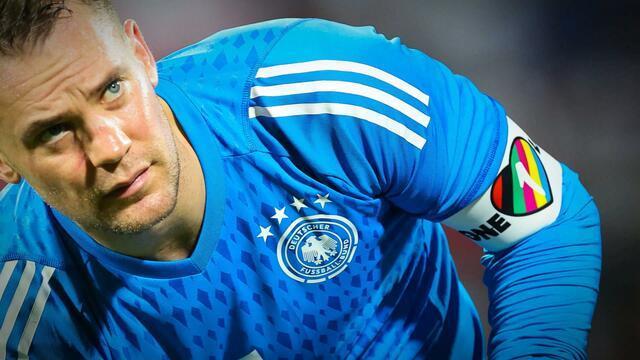
World Cup kicks off amid LGBTQ controversy
The World Cup has kicked off in Qatar despite controversy surrounding the country’s stance on LGBTQ rights. CBS News correspondent Holly Williams reports.
Watch CBS News

The World Cup has kicked off in Qatar despite controversy surrounding the country’s stance on LGBTQ rights. CBS News correspondent Holly Williams reports.
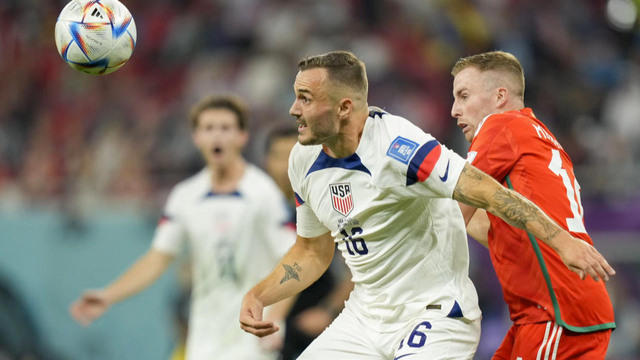
The U.S. Men’s National Team’s first 2022 World Cup match against Wales ended in a 1-1 draw. Roxana Saberi has more on the tournament.
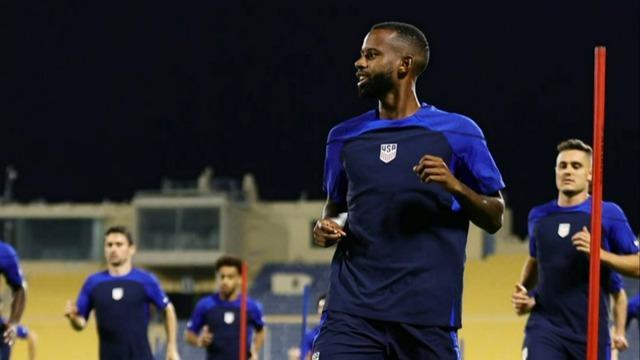
The U.S. Men's National Soccer team is set to face off against Wales in its first match of the 2022 World Cup, but controversies over host country Qatar are overshadowing the event. CBS Sports soccer analyst Grant Wahl joins Lilia Luciano and Tony Dokoupil to discuss the impact on the World Cup brand.
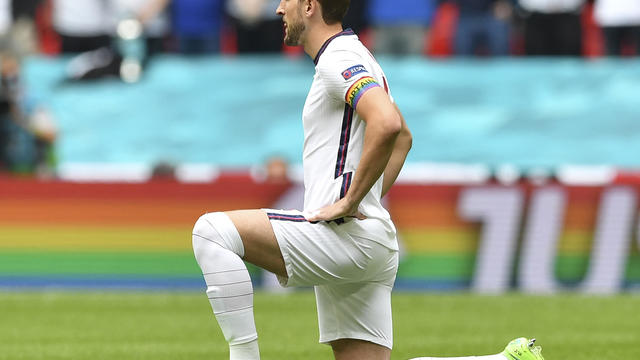
Their decision came after FIFA threatened to penalize players wearing the anti-discrimination bands during games, the teams said in a statement.
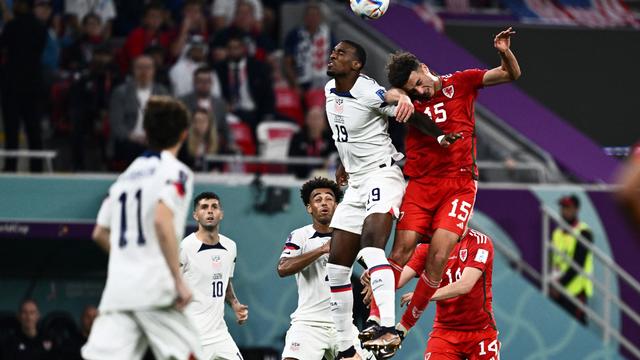
Gareth Bale converted a penalty kick in the 82nd minute to offset Tim Weah's first-half goal and give Wales a 1-1 draw against the United States in the return to the World Cup for both nations.
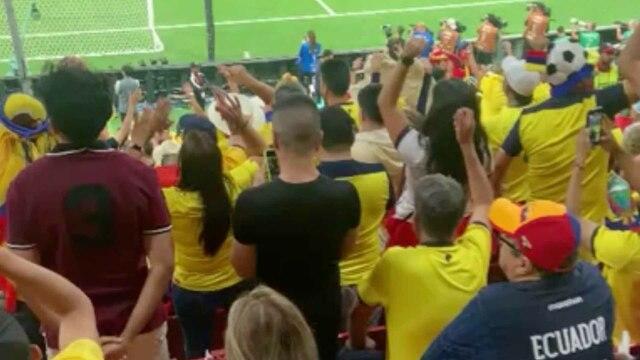
Ecuador's fans chanted "We want beer!" during their opening match Sunday against FIFA World Cup host Qatar, who banned alcohol sales at stadiums two days earlier.
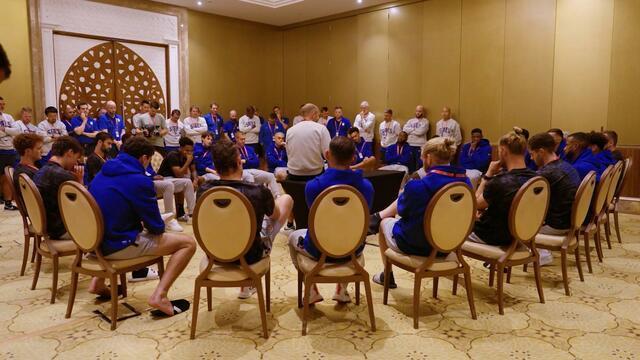
The FIFA World Cup got underway Sunday and Team USA will launch their campaign against Wales later on Monday. The Middle East's first World Cup has been plagued by international criticism directed at Qatar's human rights record and the working conditions of the migrant labor force who helped build the stadiums. Roxana Saberi reports from Doha.
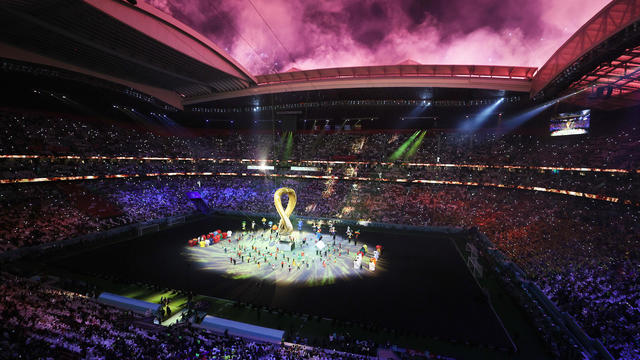
The opening ceremony was meant to introduce Qatar to the world through its culture with a theme of "bridging distances."
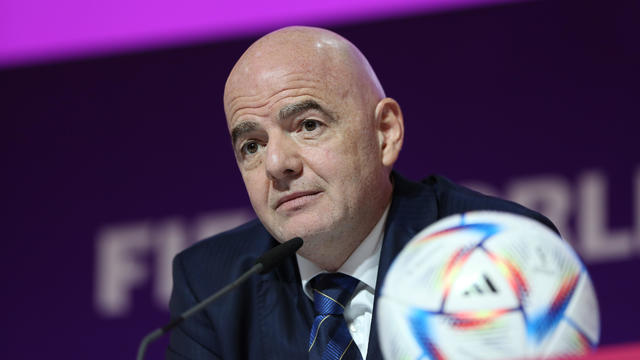
Qatar has faced a litany of criticism since 2010, when it was controversially chosen by FIFA to host the biggest soccer tournament in the world.
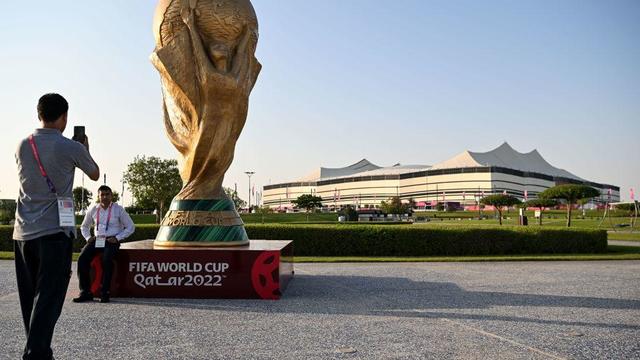
Qatar opens the tournament against Ecuador on Sunday, but that match has been overshadowed by the announcement that beer sales will be banned inside the stadium grounds.
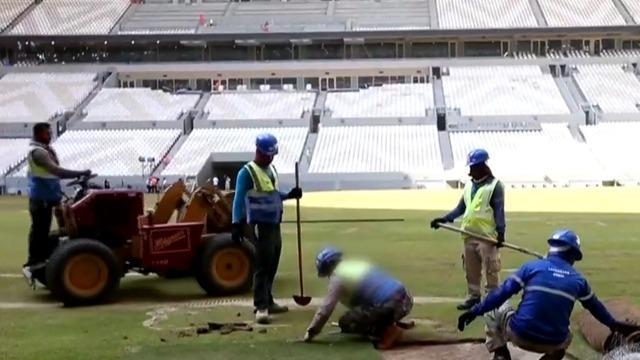
Soccer fans getting ready to attend the World Cup in Qatar are just learning they will not be able to drink alcohol in the stadiums. The sudden reversal surprised Budweiser, which paid $75 million to be the official beer sponsor. There are also growing concerns of media censorship. Meanwhile, human rights group estimate that hundreds of migrant workers died building the infrastructure for Qatar's World Cup. Holly Williams reports.
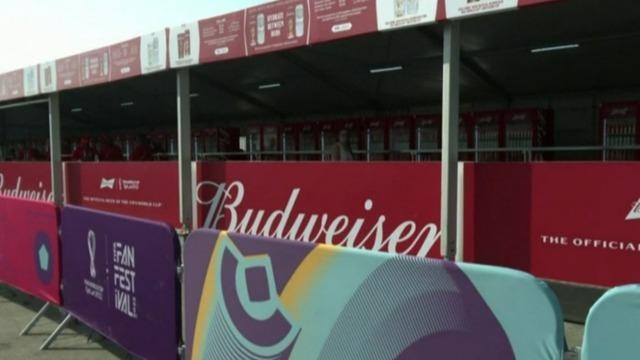
The FIFA World Cup has banned beer from stadiums days before the soccer tournament is set to begin in Qatar. CBS News foreign correspondent Roxana Saberi joins Elaine Quijano and Michelle Miller to discuss what's behind the decision, and public backlash over the host country's human rights record.
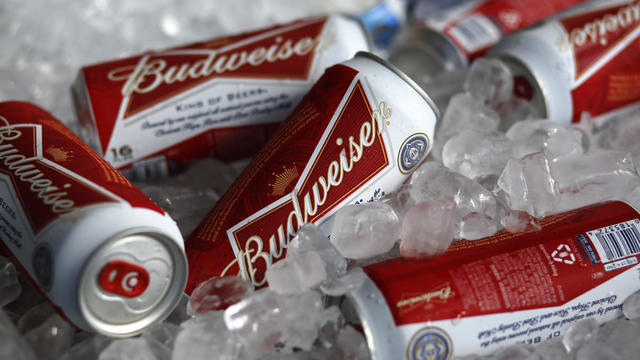
Non-alcoholic beer will still be available, but the ban on alcohol just 2 days before games may be an issue for sponsor Budweiser.
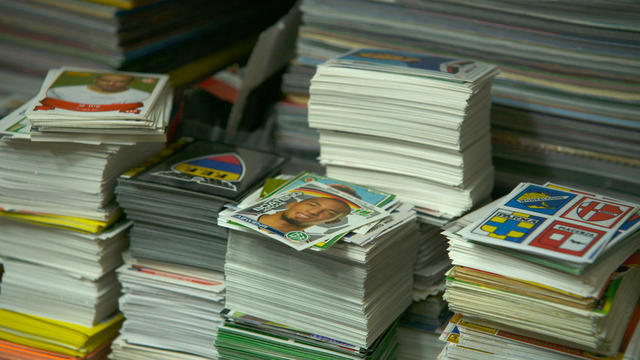
The World Cup begins Sunday in Qatar, but for millions of soccer fans, the excitement started weeks ago when the Panini stickers featuring their favorite players shot onto the market.
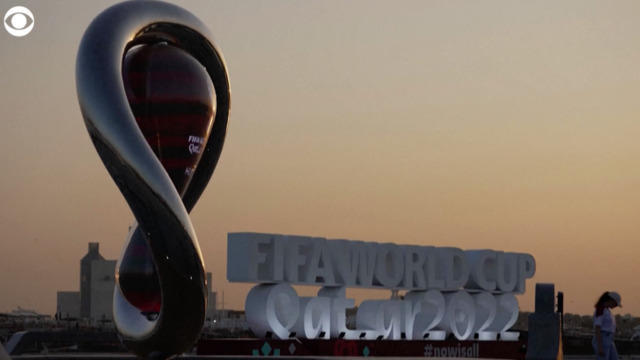
Qatar is banning beer from World Cup stadiums, and Muslim Qatari residents are explaining why they agree with the move: "When I'm traveling to America, I follow the rules that exist there."
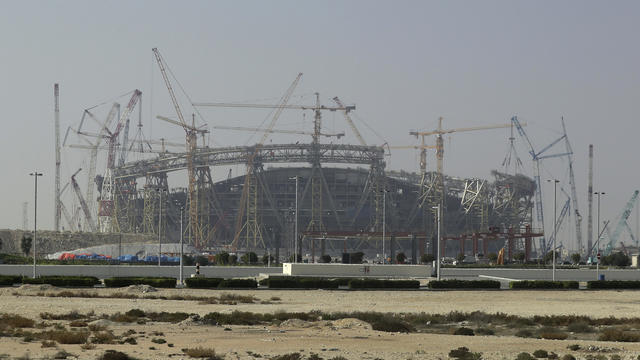
Qatar is one of the world's wealthiest nations, but a migrant worker tells CBS News he had "no rights" when he went to work there. Others didn't even survive.
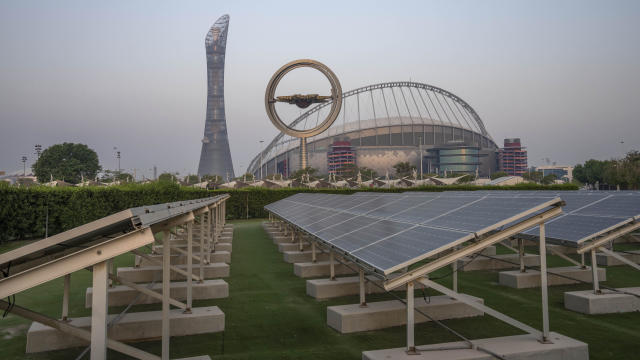
Former Qatari national team player Khalid Salman also told a German reporter that he has a problem with children seeing gay people.
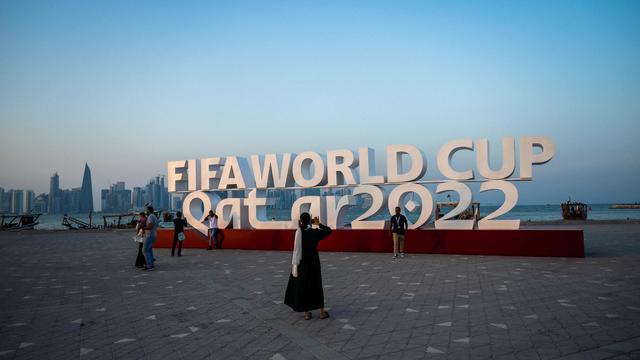
One human rights researcher told CBS News that she feels Qatar and FIFA are "complicit" in alleged violations against LGBTQ people in the country.
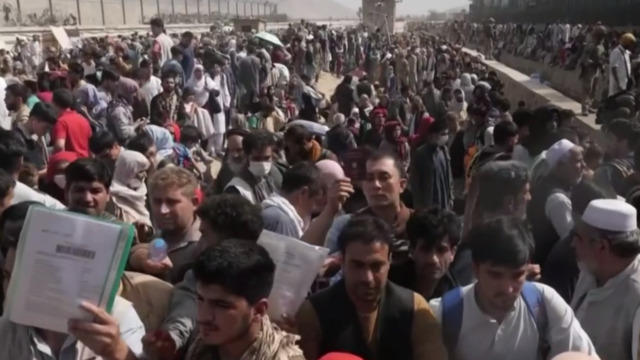
Biden maintains August 31 withdrawal deadline; Airbnb offers temporary housing to Afghan refugees
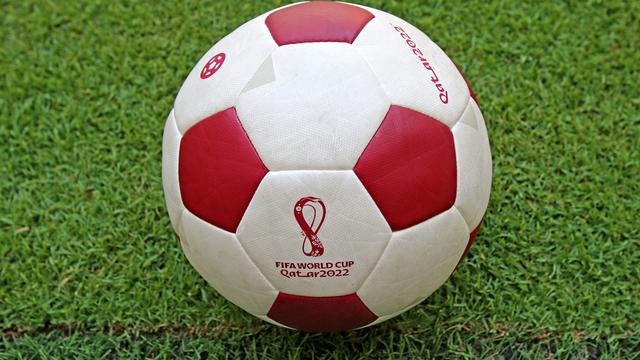
At least 60 foreign workers who protested going months without pay were detained, and some were deported, an advocacy group says.
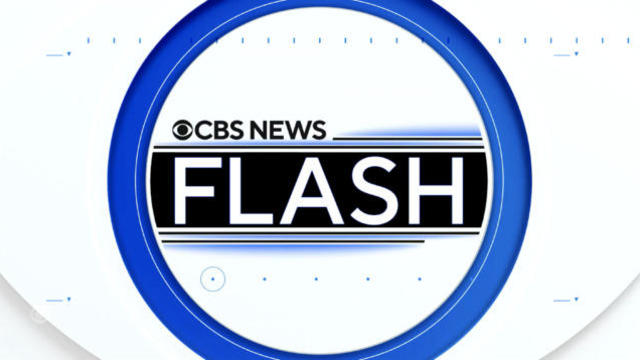
President Biden is in Asia, in South Korea for the first leg of his trip. He’s decided not to visit the heavily fortified Demilitarized Zone separating South and North Korea. A baby formula factory that's been closed since February due to contamination, Abbott Nutrition's Michigan plant, could be back open by next week, the FDA says. But the company says once production resumes, it could be about two months before new formula begins arriving in stores. And for the first time, there will be female referees at a men's World Cup final, set for later this year in Qatar.
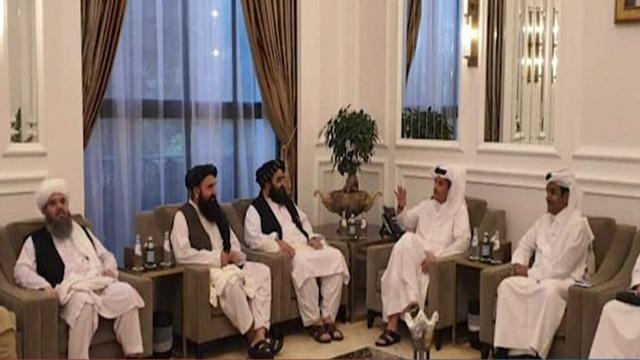
CBS News foreign correspondent Roxana Saberi joins CBSN's "Red & Blue" to discuss the latest developments in Afghanistan, as well as the meetings between U.S. and Taliban leaders.
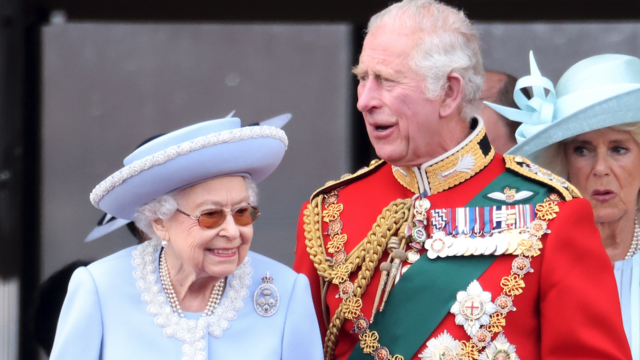
Heir to the British throne's office says "correct processes were followed" after Sheikh Hamad bin Jassim bin Jaber Al Thani handed him $3.2 million in cash.
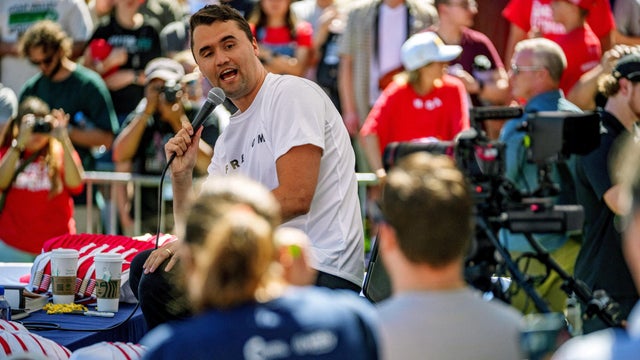
Conservative activist and Turning Point USA co-founder Charlie Kirk died Wednesday after he was shot at an event at Utah Valley University.
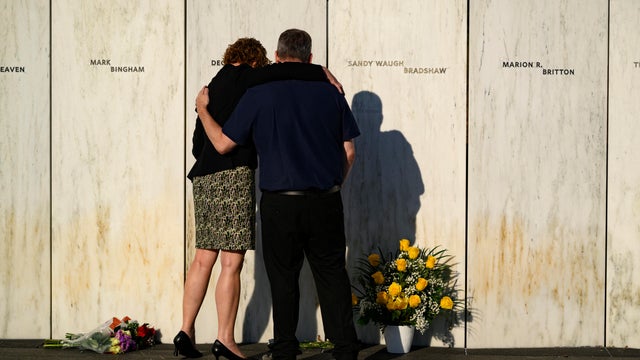
President Trump is attending the ceremony at the Pentagon.
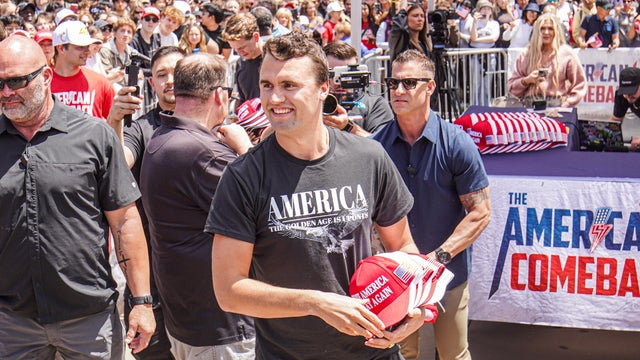
Conservative activist Charlie Kirk was shot and killed on Wednesday while speaking an event at Utah Valley University. Authorities have not identified a suspect.
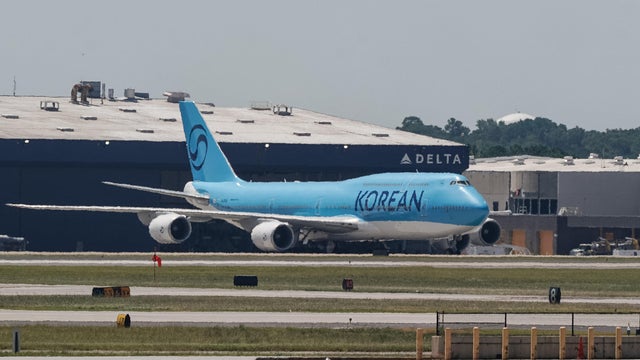
The ICE raid that swept up 300 South Koreans in Georgia has strained an important bilateral relationship, and highlighted a significant challenge.
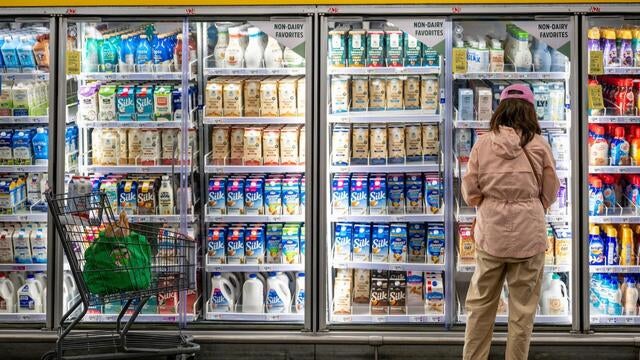
Today's CPI report marks the last major piece of economic data before the Federal Reserve's Sept. 17 rate decision meeting.
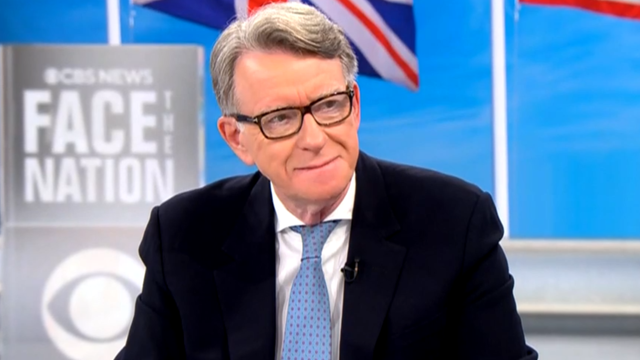
Britain's Ambassador to the U.S., Peter Mandelson, has been fired by Prime Minister Keir Starmer over "the depth and extent" of his relationship with Jeffrey Epstein.
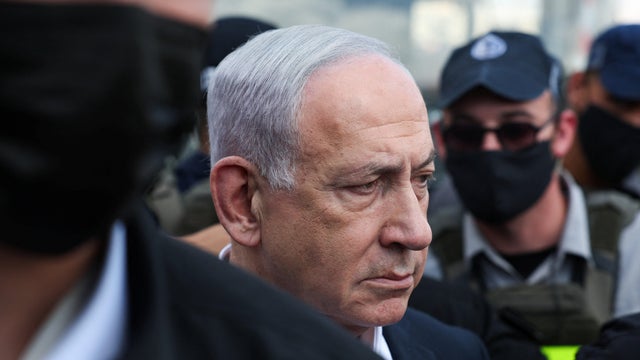
Trump says he assured Qatar's leader that Israeli strikes against Hamas in Doha wouldn't be repeated. Netanyahu has threatened to do just that.
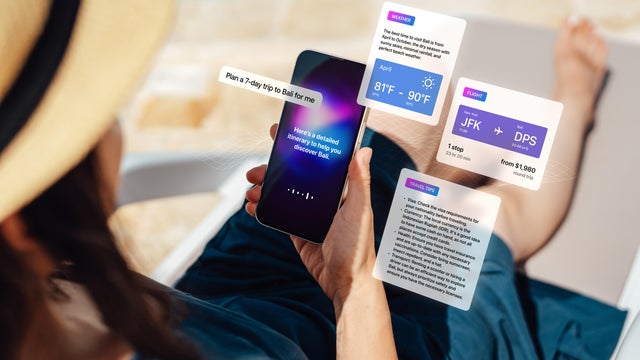
AI wants to help you save time and money when planning your next trip, but how good is it at getting you the best deals?
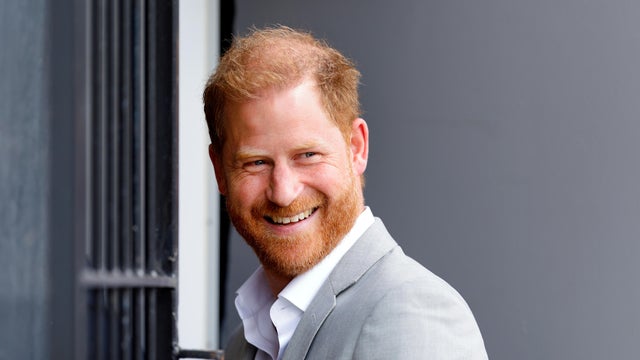
On a rare trip back to the U.K., devoted mostly to charity events, Prince Harry may have begun the reconciliation with his family he's said he wants.